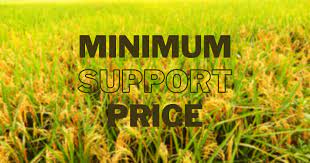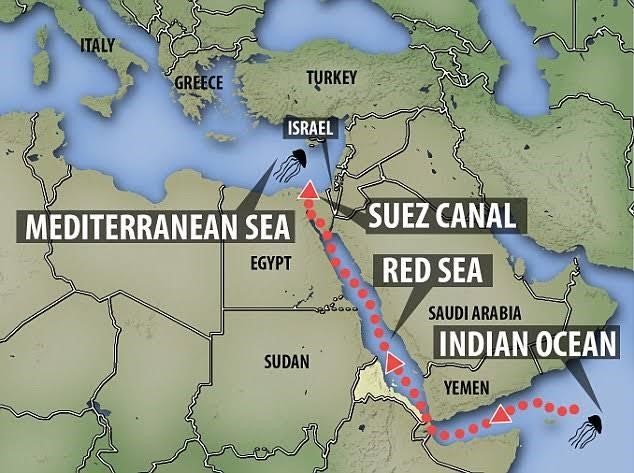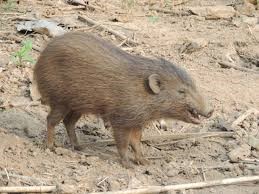CURRENT AFFAIRS
Get the most updated and recent current affair content on Padhaikaro.com
Policy on MSP
- Vaid's ICS, Lucknow
- 23, Nov 2021

Topics Covered: Issues related to direct and indirect farm subsidies and minimum support prices.
Context:
Farmers are demanding a law for guaranteed minimum support price (MSP).
What is MSP?
MSP is the rate at which the government buys grains from farmers. Currently, it fixes MSPs for 23 crops grown in both Kharif and Rabi seasons.
How is it calculated?
The MSP is the rate at which the government purchases crops from farmers, and is based on a calculation of at least one-and-a-half times the cost of production incurred by the farmers.
- The Union Budget for 2018-19had announced that MSP would be kept at levels of 1.5 the cost of production.
- The MSP is fixed twice a year on the recommendations of the Commission for Agricultural Costs and Prices (CACP), which is a statutory body and submits separate reports recommending prices for kharif and rabi seasons.
Which production costs are taken in fixing the MSPs?
The CACP considers both ‘A2+FL’ and ‘C2’ costs while recommending MSP.
- A2costs cover all paid-out expenses, both in cash and kind, incurred by farmers on seeds, fertilisers, chemicals, hired labour, fuel and irrigation, among others.
- A2+FLcovers actual paid-out costs plus an imputed value of unpaid family labour.
- The C2costs account for the rentals and interest forgone on owned land and fixed capital assets respectively, on top of A2+FL.
The limitations of MSP:
- The major problem with the MSP is lack of government machinery for procurement for all crops except wheat and rice, which the Food Corporation of India actively procures under the PDS.
- As state governments procure the last mile grain, the farmers of states where the grain is procured completely by the government benefit more while those in states that procure less are often affected.
- The MSP-based procurement system is also dependent on middlemen, commission agents and APMC officials, which smaller farmers find difficult to get access to.
Facts for Prelims
Suez Canal
- The Suez Canal is an artificial sea-level waterway running north to south across the Isthmus of Suez in Egypt, to connect the Mediterranean Sea and the Red Sea.
- The canal separates the African continent from Asia.
- It provides the shortest maritime route between Europe and the lands lying around the Indian and western Pacific oceans.
- It is one of the world’s most heavily used shipping lanes, carrying over 12% of world trade by volume.

Pygmy hogs
- They are the world’s rarest and smallest wild pigs.
- The pygmy hog is native to dense alluvial grasslands in the southern foothills of the Himalayas.
- Endemic to India, they are restricted to very few locations around Manas National Park in north-western Assam.
- With just around 250 animals in the wild, the pygmy hog is one of the world’s most threatened mammals.
- Currently listed as ‘Critically Endangered’ on the IUCN Red List of Threatened Species.
- The pygmy hog is designated as a Schedule I species in India under the Wildlife Protection Act, 1972.
